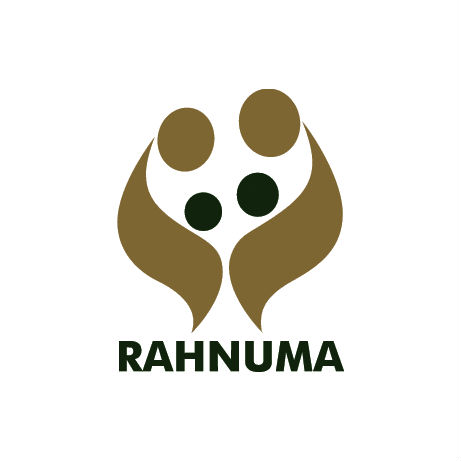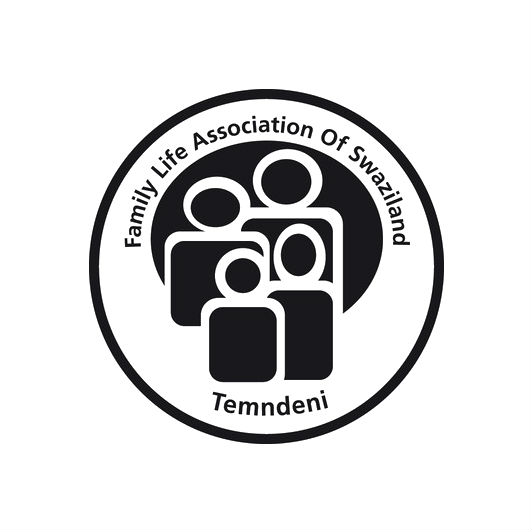

| 31 March 2016
Rahnuma-Family Planning Association of Pakistan
Rahnuma (formerly the Family Planning Association of Pakistan or FPAP) started serving poor and marginalized people in Pakistan as the Family Planning Association of Pakistan (FPAP) in 1953. After over 50 years of momentous achievements, the FPAP felt that its name did not fully reflect the scope of its work. It renamed itself ‘Rahnuma’, an Urdu word meaning 'one who shows the path and provides direction'. Rahnuma was one of the pioneers in providing family planning services and advocating for spacing of childbirth and for smaller families. The government later embraced the cause by establishing the Ministry of Population Welfare. In the space of a decade, Rahnuma grew from a single clinic, based in 1 room in Karachi, to a large-scale operation with an infrastructure of district branches offering model clinics and information and educational facilities. Today, the network operates nearly 5,000 service points, comprising 118 permanent clinics, 11 mobile units, 191 associated clinics and over 2,000 community-based distributors/services (CBDs/CBSs). It also handles referrals to over 2,143 private physicians. Rahnuma has developed innovative programmes to increase access to high-quality, affordable health services. It has advocated for a rights-based approach to sexual and reproductive health (SRH), for the empowerment of particular groups within communities (especially women and young girls), and for the strengthening of civil society in Pakistan. As the sexual and reproductive health and rights (SRHR) agenda has shifted over the years, Rahnuma has increasingly embraced SRHR in the context of national development and poverty alleviation, owing to the direct connection between socio-economic conditions and health and well-being. Contacts Website: http://www.fpapak.org Facebook: https://www.facebook.com/rahnuma.fpap.9 Twitter: https://twitter.com/Rahnuma_FPAP

| 31 March 2016
Family Life Association of Eswatini (formerly Swaziland)
For over 30 years, the Family Life Association of Eswatini (FLAE) has provided sexual and reproductive health (SRH) services to the people of Eswatini (formally Swaziland). While family planning, antenatal, post-natal and post-abortion care form a key part of FLAE’s services, there’s a significant focus on HIV and AIDS programmes. Swaziland has some of the highest HIV and AIDS prevalence rates in the world. As a result, the prevention and management of HIV and AIDS, the provision of voluntary counselling and testing (VCT), and the prevention of mother to child transmission (PMTCT) are central to FLAE’s work. FLAE has 15 service points, including 4 permanent clinics and 12 mobile facilities, staffed by a permanent team of 40 backed by 230 volunteers, 180 Youth Action Movement members and 29 peer educators. Young people are a particular target for HIV and SRH sensitization. One of FLAE’s youth centres has its own radio studio, where young people make their own programmes concerning SRH issues. These are then played during FLAE’s roadshows and by major radio stations for nationwide broadcast. This is one strand in an innovative approach to communication. FLAE peer educators also provide training to the country’s Business Coalition Against AIDS. Health, youth, education, women’s and regional development ministries are key partners for FLAE, and it has links with a large number of non-governmental organizations, including the Swaziland National Youth Council, Swaziland Health and Population Education, Population Services International, the Swaziland National AIDS Programme and PACT. Private sector partnerships include the Business Coalition Against HIV/AIDS and SWANNEPHA (a national network of organizations for people living with HIV and AIDS). FLAE is a member of the SRH Steering committee, the Gender Consortium and the Male Circumcision Task Force. Contacts Website: www.flas.org.sz Facebook: https://www.facebook.com/pages/The-Family-Life-Association-of-Swaziland/139949066171476 Twitter: @FLAS79







